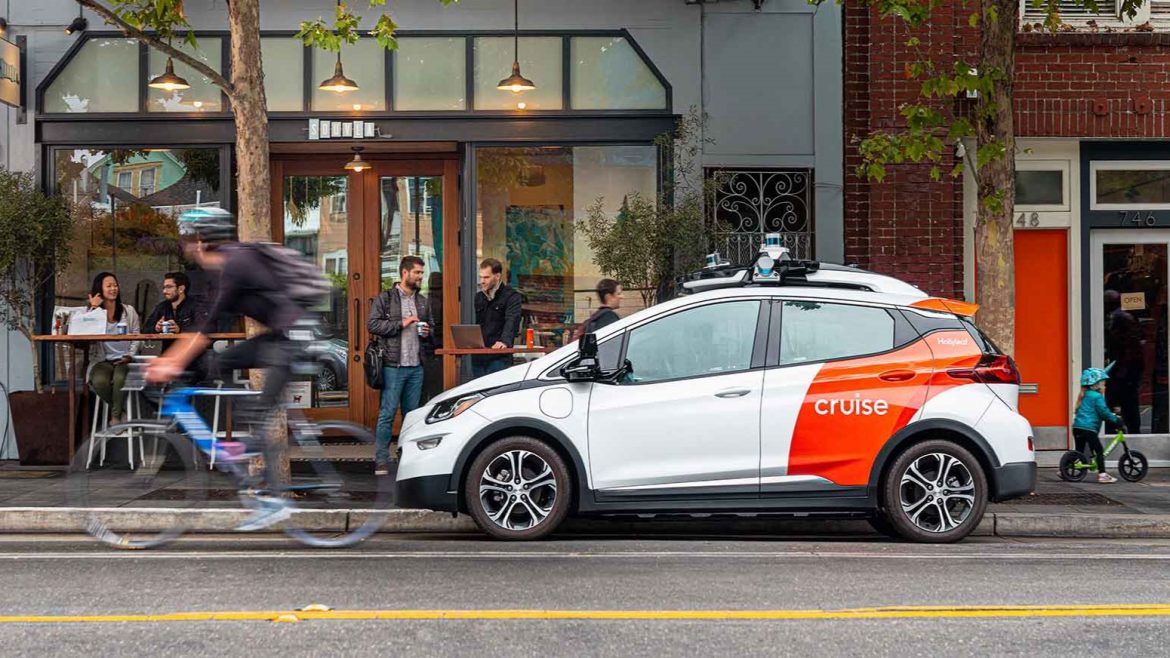Cruise, the autonomous vehicle subsidiary under General Motors’ control, is taking decisive action following a recent accident that prompted the suspension of its entire autonomous vehicle operations. In response to the incident, the Cruise board has engaged external expertise to navigate the aftermath.
Legal review with Quinn Emanuel
Cruise’s board has retained the services of Quinn Emanuel, a prominent law firm, to review how the company’s management has handled inquiries from regulators related to the accident that occurred on October 2nd. This marks a significant step as Cruise aims to enhance its responses to regulatory bodies.
Technology assessment with Exponent
Additionally, Cruise has enlisted the support of Exponent, a technology consultancy, to evaluate and assess the company’s autonomous driving technology. This move is intended to provide an independent and expert analysis of Cruise’s technology, bolstering the organization’s commitment to safety and reliability.
Support from General Motors
General Motors (GM) expressed its unwavering support for Cruise’s actions in a statement. The company fully backs Cruise’s focus on safety, building trust, and ensuring credibility with government partners, regulators, and the wider community. GM is steadfast in its commitment to Cruise and its ambitious goal of commercialization.
Ongoing regulatory investigations
Both federal and state safety regulators are currently investigating a series of incidents involving Cruise’s driverless vehicles. Last month, the California regulators suspended Cruise’s license to operate autonomous vehicles, deeming them a potential risk to public safety.
The decision followed claims that Cruise had misrepresented information regarding an accident in which one of its vehicles struck a pedestrian who had already been hit by a human-driven car. Federal regulators have also been looking into incidents where Cruise’s autonomous vehicles seemed to fail in yielding to pedestrians in crosswalks.
Safety prioritised
Last week, Cruise announced its decision to halt all driverless operations temporarily. During this pause, the company will thoroughly scrutinize its processes, systems, and tools to bolster safety and reliability.
Future prospects
General Motors’ CEO, Mary Barra, who also serves on Cruise’s board, has conveyed the potential of Cruise, indicating it could generate $50 billion in revenue by 2030. Despite incurring a loss of over $700 million in the third quarter of this year due to increased spending on expansion across 15 U.S. cities, Cruise is poised for further growth. The subsidiary recently disclosed plans to extend its operations to Japan in collaboration with Honda, with more funding plans to support its expansion. The move aligns with GM’s aspirations and Cruise’s commitment to shaping the future of autonomous mobility.



